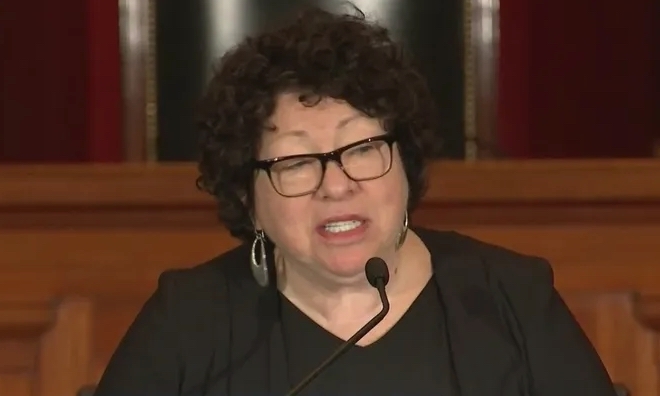Your money may be used to argue for viewpoints that you may disagree with, and in ways that you did not consent to. Moreover, your money may be invested in ways that fail to maximize the greatest financial return.
Large asset managers, like BlackRock and Vanguard, under the guise of “maximizing long-run value,” are acting against the values of everyday Americans and against those Americans’ best financial interests to appease the political elite. In doing so, they are accumulating power and imposing their initiatives on their clients.
BlackRock, for example, claims racial and gender equality are ”increasingly relevant to a company’s long-term performance.” How can a company be focused on its product or service in addition to the latest “woke” campaign? By hiring more diversity officers, demanding net-zero emissions, or conducting DEI/Racial Equity Assessments, among other approaches that drive up costs.
States like North Carolina are clients of BlackRock, the world’s largest asset manager. And their investments are being used to please the Davos crowd, not the everyday North Carolinian.
North Carolina’s Treasurer Dale Folwell called out BlackRock CEO Larry Fink last week for being at odds with his investors. Folwell criticized the financial giant’s leadership in his role as the sole fiduciary of our state’s retirement funds. BlackRock manages approximately $14 billion for The North Carolina Retirement System (NCRS).
Folwell is not alone in his critique. Back in August, 19 state attorneys general sent a letter to BlackRock. They wrote, “based on the facts currently available to us, BlackRock appears to use the hard-earned money of our states’ citizens to circumvent the best possible return on investment, as well as their vote.”
The letter added: “BlackRock’s past public commitments indicate that it has used citizens’ assets to pressure companies to comply with international agreements such as the Paris Agreement that force the phase-out of fossil fuels, increase energy prices, drive inflation, and weaken the national security of the United States.”
This issue escalated in 2018 when President Trump withdrew the U.S. from the Paris Climate Accords. BlackRock CEO Larry Fink claimed the government was failing to commit to global climate issues. Mr. Fink said, “As a result, society is increasingly turning to the private sector and asking that companies respond to broader societal challenges.” The BlackRock’s of the world pressure their clients to also support these initiatives.
A good example can be found with BlackRock’s pressure on Chevron, which appeared to make it to go against common sense. The oil company, according to an op-ed by Strive Asset Management executive chairman Vivek Ramaswamy, “set specific targets for reducing Scope 3 carbon intensity and said it ‘supports the Paris Agreement’ and a carbon tax. These are curious business decisions. Congress didn’t ratify the Paris Agreement—and it isn’t Chevron’s responsibility to do so. Successful companies seldom lobby for higher taxes on their products.”
This is just one example of the power BlackRock can exert on a company. It can also exert pressure on its clients: including states like North Carolina.
More than 900,000 members rely on North Carolina’s state government employee retirement system. Folwell is rightly concerned that our state’s retirement funds are used to invest socially, rather than to generate the best return on investment. As The Carolina Journal reported, Folwell said, “ultimately, Mr. Fink’s continued ideological pressure could result in using ESG scores against states and local governments, lowering their credit ratings and thus driving up their cost of borrowing at taxpayers’ expense.”
This issue of business focusing on “social responsibility” is not new, although we have new names and acronyms to describe it. Milton Friedman wrote in 1970 that the social responsibility of business is to increase profits. When businesses proclaim to have a social conscience, Friedman wrote, they are “preaching pure and unadulterated socialism.”
Friedman continued, “Here the businessman–self-selected or appointed directly or indirectly by stockholders–is to be simultaneously legislator, executive and jurist. … On grounds of political principle, it is intolerable that such civil servants–insofar as their actions in the name of social responsibility are real and not just window-dressing–should be selected as they are now. If they are to be civil servants, then they must be elected through a political process. … This is the basic reason why the doctrine of ‘social responsibility’ involves the acceptance of the socialist view that political mechanisms, not market mechanisms, are the appropriate way to determine the allocation of scarce resources to alternative uses.”
The world’s largest asset managers actively reject this truism – or they think the American people have forgotten.
Today’s corporations are unabashedly focused on more than profit. CEOs act like political leaders. And under the “cloak of social responsibility” that Friedman describes, anything goes. Folwell is right to be wary of BlackRock and its role in North Carolinians’ futures.


